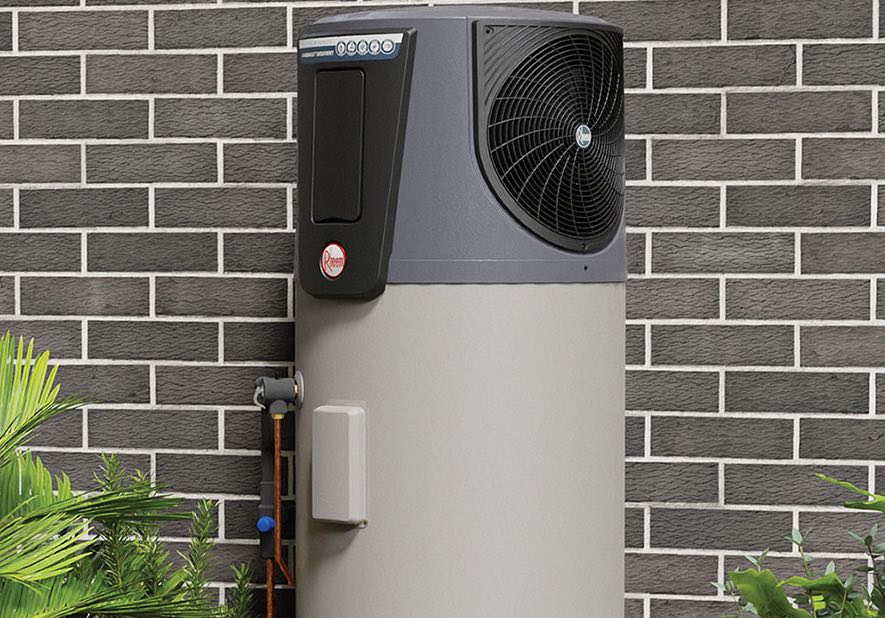

Image source: Rheem
Tasmania has become the fourth state or territory to join up to the federal government’s plan to close energy gap on social housing.
The federal and Tasmanian governments on Thursday announced a joint $16.6 million to upgrade Tassie’s social housing stock to be better insulated and more energy efficient.
The project – called the Homes Tasmania Energy Efficiency Program – will upgrade 11% of the state’s social housing to include heat pump hot water systems, insulation, draught proofing, LED lights, and window glazing.
“This initiative will make life more comfortable and deliver energy savings for more than 1,600 Tasmanian households,” said Tasmania’s Minister for Housing and Construction, Nic Street.
“These energy efficiency initiatives will not only extend the life of public housing assets but also enhance the living conditions, energy efficiency, and cost-effectiveness for residents.”
This is part of a larger package from the Albanese government, providing $300 million to update social housing around the country.
“Energy efficiency upgrades will help households save money, save energy, and make homes more comfortable each and every year,” said Assistant Minister for Climate Change and Energy, Jenny McAllister.
“Energy upgrades and electrification can especially help tenants save substantially on energy bills and keep homes warm throughout chilly Tasmanian winters.”
Just a few days ago the federal and NSW governments announced a joint $206 million into 30,000 social housing properties in the state.
These upgrades also included solar systems, ceiling fans and reverse-cycle air conditioners.
“The Albanese government is helping those who can’t currently access energy upgrades and solar power reap the rewards of the clean energy transformation,” said federal energy and climate minister Chris Bowen at the time.
Late last year, the ACT and federal governments announced joint funding of $35.2 million dollars to upgrade 3,000 public houses up to standard on energy efficiency.
This is important because upgrading an average home from a 1-star energy efficiency rating to a 3-star rating may cut energy consumption by as much as 30%.
These social housing upgrades across the country mean that those least likely to be able to afford efficiency upgrades won’t miss out on the benefits to their bills and health.
Extreme heat hospitalises thousands of people every year, and has lead to almost 300 deaths in a 10 year period. Homes that can’t stay cool in summer or warm in winter are part of the problem.
However, CEO of the Nature Conservation Council of NSW Jacqui Mumford said that the announcement in NSW had an important gap – getting rid of gas.
“One thing missing […] is a plan to phase out new gas connections, as we’ve seen in Victoria,” Mumford said of the NSW announcement.
“This simple measure would cost the government nothing, reduce the risk of asthma for kids, cut emissions, and save renters and people living in social and public housing hundreds of dollars a year in electricity bills.”
This post was published on January 18, 2024 1:21 pm
Chinese solar manufacturer sets yet another efficiency world record, this time for its crystalline silicon-perovskite…
OpenSolar's Sophie Wright on the mission to streamline solar businesses so that more money and…
The federal electorate of Calare sits at the heart of Australia’s energy transition. Independent candidate…
A groundbreaking retail electricity trial is offering to pay customers to curtail their rooftop solar…
Nigel Hancock from community energy group Pingala explains how solar gardens work and whether the…
Albanese government invests another $50.2 million to get solar, energy efficiency and electrification into social…